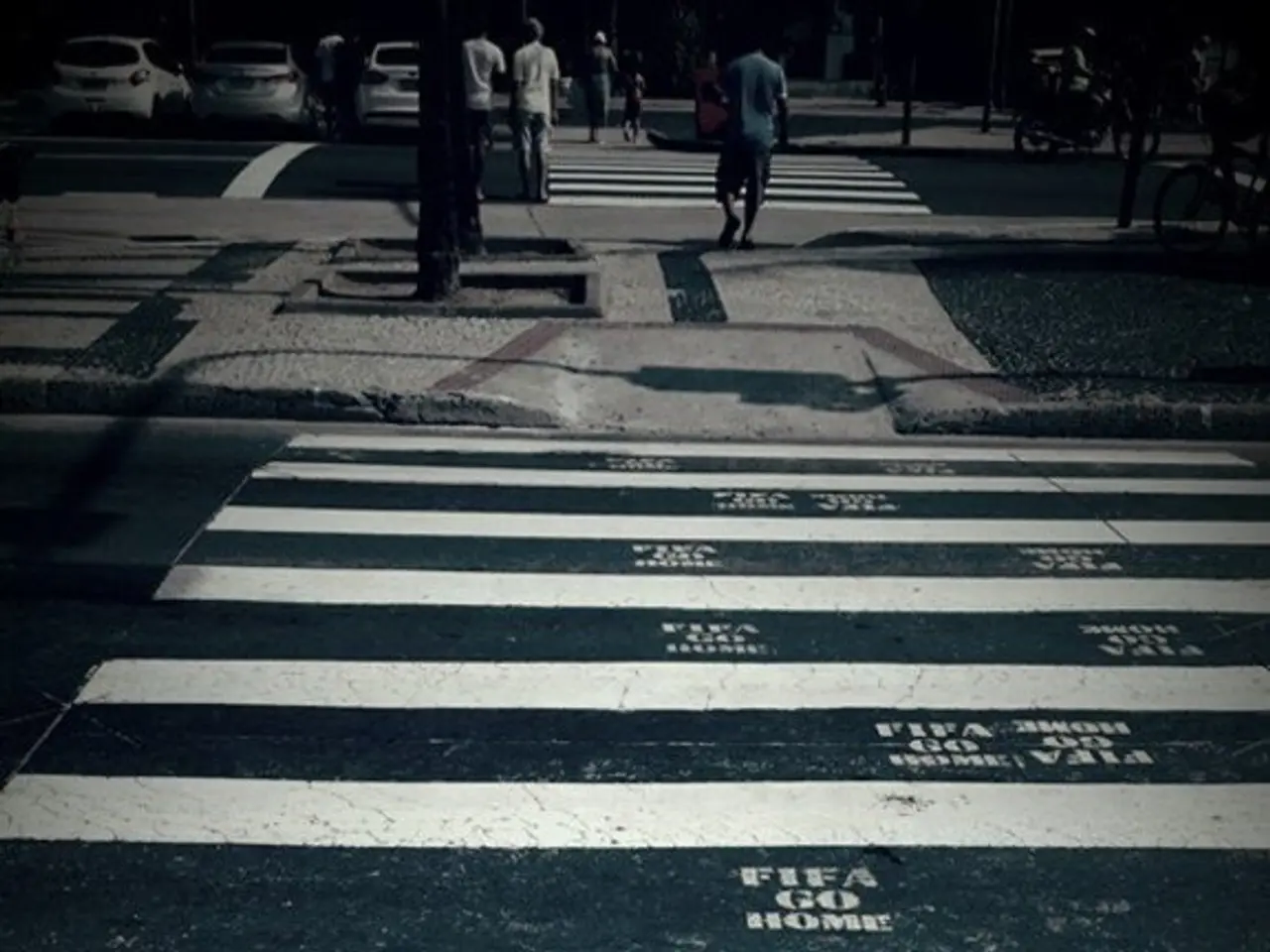"Following mandates established in Portugal"
In the heart of August 2025, Portugal is navigating the challenges of managing migrants arriving in the Algarve region. Here's what we know about the current situation:
Migrants who arrive on Portuguese shores are provided with assistance, but it's essential to note that legal immigration is through secure and regulated channels, not the illegal route.
The Government has taken steps to prepare for the influx of migrants, with plans for temporary installation centers (CIT) featuring between 600 to 1,000 beds. The Prime Minister has already launched a tender for two such centers. However, it's important to mention that Portugal did not inherit any CIT beds or space from the previous administration.
Once migrants arrive, they are initially housed in temporary emergency shelters. These shelters may not be ideal, as seen in the case of a recent group of migrants who were initially sheltered in a sports pavilion but were later transferred to more formal detention centers. The Public Security Police (PSP) oversees these centers and the expulsion process. If procedures extend beyond August 21, the PSP takes over from the Agency for Integration, Migration and Asylum (AIMA).
The distribution and expulsion of migrants appear to be coordinated between local authorities, national police forces (GNR and PSP), and governmental agencies like AIMA. Migrants may undergo legal and administrative processes, including repatriation, during their stay in these centers. In some cases, migrants may have legal hearings, such as a migrant discharged from the hospital appearing in court.
The PSP ensures legal compliance during the migrants' stay in these centers for up to 60 days. After this period, the migrants' fate is decided, whether it's repatriation or removal. It's crucial to emphasise that Portugal has rules to follow, even if it means expelling a family with a one-year-old baby.
The Government's approach to managing migrants has been described as applying rules with humanity by Rui Armindo Freitas, the State Secretary for the Presidency and Immigration. However, concerns about emergency shelter use and clarity of official guidance have been raised by local authorities.
Recently, Marcelo Rebelo de Sousa, the President of the Republic, returned the Foreigners Law to Parliament after the Constitutional Court deemed five provisions of the bill unconstitutional. Rui Armindo Freitas stated that there are "no negotiations, but a lot of work" regarding the rejection of the Immigration Law by the Constitutional Court. The President has also vetoed the Foreigners Law last Friday and asked Parliament to correct the norms that violate the fundamental law in the Foreigners Law.
As the situation unfolds, it's clear that Portugal is working diligently to manage the influx of migrants while upholding its rules and maintaining a humanitarian approach. Seven minors were among the 38 migrants who landed on a beach in Vila do Bispo, Algarve, highlighting the complexities and challenges faced by the authorities. The authorities' work, according to Rui Armindo Freitas, is an example of applying rules with humanity.
Read also:
- Court petitions to reverse established decision on same-sex marriage legalization
- Trump's enforcement actions in Washington D.C.: Insights from the political arena
- Chinese Ambassador issues stern message to India regarding Trump's tariffs in midst of escalating trade feuds
- Aircraft collides with another one on the runway during landing at Montana airport, igniting flames








